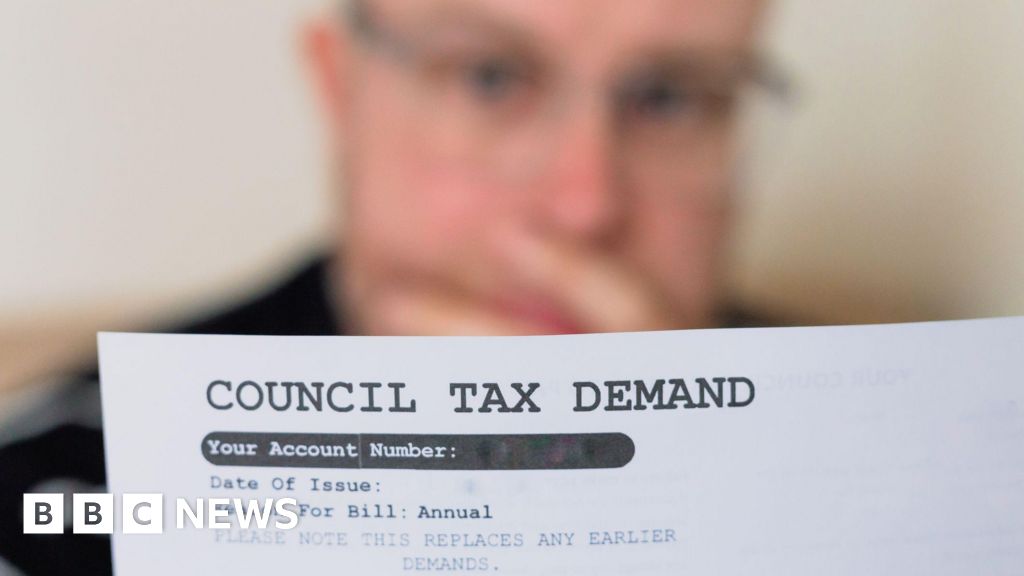A WeWork office in New York City (TIMOTHY A. CLARY/AFP via Getty Images)
AFP via Getty Images
Long-term contracts are both useful and dangerous. They are useful when money is spent by one party based on a commitment to buy from another party. They are dangerous because the economics of the deal may turn so that one party benefits greatly from reneging on the deal. Understanding the risk is necessary to get the full benefits of the deal.
The recent WeWork Inc. effort to back out of long-term office leases illustrates the danger. A deal had two good parts, at first. In one case, the landlord, DivcoWest, bought a building at 311 West 43rd Street, New York, in 2018 with a WeWork lease for 64,000 square feet that extended through 2032. The lease made the deal attractive. The lease -term deal also looked good to WeWork. They would, if all went well, be able to provide short-term rentals of the floor space for much more money than they were paying for their long-term lease. Everybody wins on a good deal.
After a few years, things changed. WeWork’s public offering failed as the company appeared overextended. (The company is formally called simply We.) Then, the pandemic sapped demand for office space across the country. Market rents on new leases dropped sharply lower than most existing leases. The deal was no longer favorable to WeWork.
Negotiations appear to now be based on the old game of chicken. WeWork asks landlords for rent cuts. Landlords reply, “We have a contract.” WeWork says the contract is worthless if we go bankrupt, so let’s make a deal. Landlords say bankruptcy is fine. The real problem is that the economics of the deal changed so much that the deal isn’t really the deal.
A similar story played out in a way that illustrates advantages and dangers of a deal. NERCO Inc. was a company with major coal mines (where I worked for a few years). Setting up a coal mine requires a lot of spending up front, to be recovered over many years. To reduce its risk, the company signed long-term “take-or-pay” contracts with various electric utilities. Many of the contracts in the industry had price escalation clauses that were triggered by the market price of coal. But at a time when many people expected energy prices to continue rising, NERCO offered deals where escalation of prices was keyed to the company’s actual costs, mostly labor, fuel and equipment. The deals looked good. The coal company had guaranteed income to justify its up-front development costs, while the utilities were mostly protected against rising energy prices.
Then in the mid-1980s, the economics changed. The price of crude oil collapsed due to increased supply and greater energy efficiency in consumption. That led to falling coal prices on the spot market. Suddenly the long-term contracts looked stupid to the utilities: They were paying prices much higher than readily available alternatives. NERCO, like WeWork’s landlords, pointed to the contracts. Utilities threatened to default on their purchase obligations. In the end, compromises were reached.
The lesson from both of these stories is that long-term contracts are not worth much when the economics of the deal changes radically. Long-term contracts work well for small changes in prices, typically caused by small changes in supply and demand. But if change is whopping big, don’t expect your lawyers to protect you.
Businesses should still consider long-term contracts viable choices. But not only should the lawyers draft the documents carefully, both management teams should consider the conditions under which their counterparty will renege. They should anticipate being forced to renegotiate. When the time comes, the aggrieved should certainly bargain hard, but they should not have made long-term plans that rely on the counterparty performing as promised.
Credit: Source link











